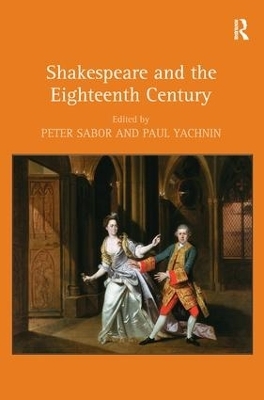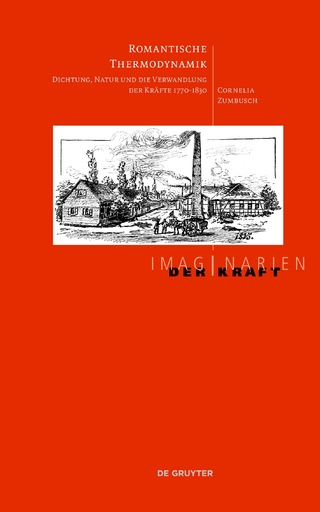
Shakespeare and the Eighteenth Century
Routledge (Verlag)
978-0-7546-6295-2 (ISBN)
In 1700, Shakespeare was viewed as one of the leading Renaissance playwrights, but not as supreme. By 1800, he was not only widely performed and read but celebrated as a universal genius and a national literary hero. What happened during the intervening years is the subject of this fascinating volume, which brings together Renaissance and eighteenth-century scholars who examine how Shakespeare gradually penetrated, and came to dominate, the culture and intellectual life of people in the English-speaking world. The contributors approach Shakespeare from a wide range of perspectives, to illuminate the way contemporary philosophy, science and medicine, textual practice, theatre studies, and literature both informed and were influenced by eighteenth-century interpretations of his works. Among the topics are Falstaff and eighteenth-century ideas of the sublime, David Garrick's 1756 adaptation of The Winter's Tale and its relationship to medical theories of femininity, the textual practices of George Steevens, Shakespeare's importance in furthering the careers of actors on the eighteenth-century stage, and the influence of Shakespeare on writers as diverse as Edmund Burke, Horace Walpole, and Ann Radcliff. Together, the essays paint a vivid picture of the relationship between eighteenth-century Shakespeare and ideas about shared nationhood, knowledge, morality, history, and the self.
Peter Sabor is Canada Research Chair in Eighteenth Century Studies and Professor of English, and Paul Yachnin is Tomlinson Professor of Shakespeare Studies in the Department of English, McGill University, Canada.
Contents: Introduction, Peter Sabor and Paul Yachnin; Part I Theorizing Shakespeare in the 18th Century and Beyond: 'A system of oeconomical prudence': Shakespearean character and the practice of moral inquiry, Michael Bristol; Shakespeare and sympathy, Jean Marsden; The 'vexed question': Shakespeare and the nature of middle-class appropriation, Nicholas Hudson. Part II 18th-Century Editors and Interpreters: The influence of the female audience on the Shakespeare revival of 1736-1738: the case of the Shakespeare Ladies Club, Fiona Ritchie; George Steevens and the 1778 Variorum: a hermeneutics and a social economy of annotation, Marcus Walsh; William Shakespeare and Edmund Burke: literary allusion in 18th-century British political rhetoric, Frans de Bruyn; Fairy time from Shakespeare to Scott, Marcie Frank. Part III 18th-Century Adaptation and Reception: Looking for Richard II, Paul Yachnin; Awful pomp and endless diversity: the sublime Sir John Falstaff, Amanda Cockburn; Looking for 'Newtonian' laws in Shakespeare: the mystifying case of the character of Hamlet, Gefen Bar-On Santor; Why girls look like their mothers: David Garrick rewrites The Winter's Tale, Jenny Davidson; Index.
| Erscheint lt. Verlag | 28.9.2008 |
|---|---|
| Verlagsort | London |
| Sprache | englisch |
| Maße | 156 x 234 mm |
| Gewicht | 453 g |
| Themenwelt | Geisteswissenschaften ► Sprach- / Literaturwissenschaft ► Anglistik / Amerikanistik |
| Geisteswissenschaften ► Sprach- / Literaturwissenschaft ► Literaturgeschichte | |
| Geisteswissenschaften ► Sprach- / Literaturwissenschaft ► Literaturwissenschaft | |
| ISBN-10 | 0-7546-6295-0 / 0754662950 |
| ISBN-13 | 978-0-7546-6295-2 / 9780754662952 |
| Zustand | Neuware |
| Haben Sie eine Frage zum Produkt? |
aus dem Bereich


